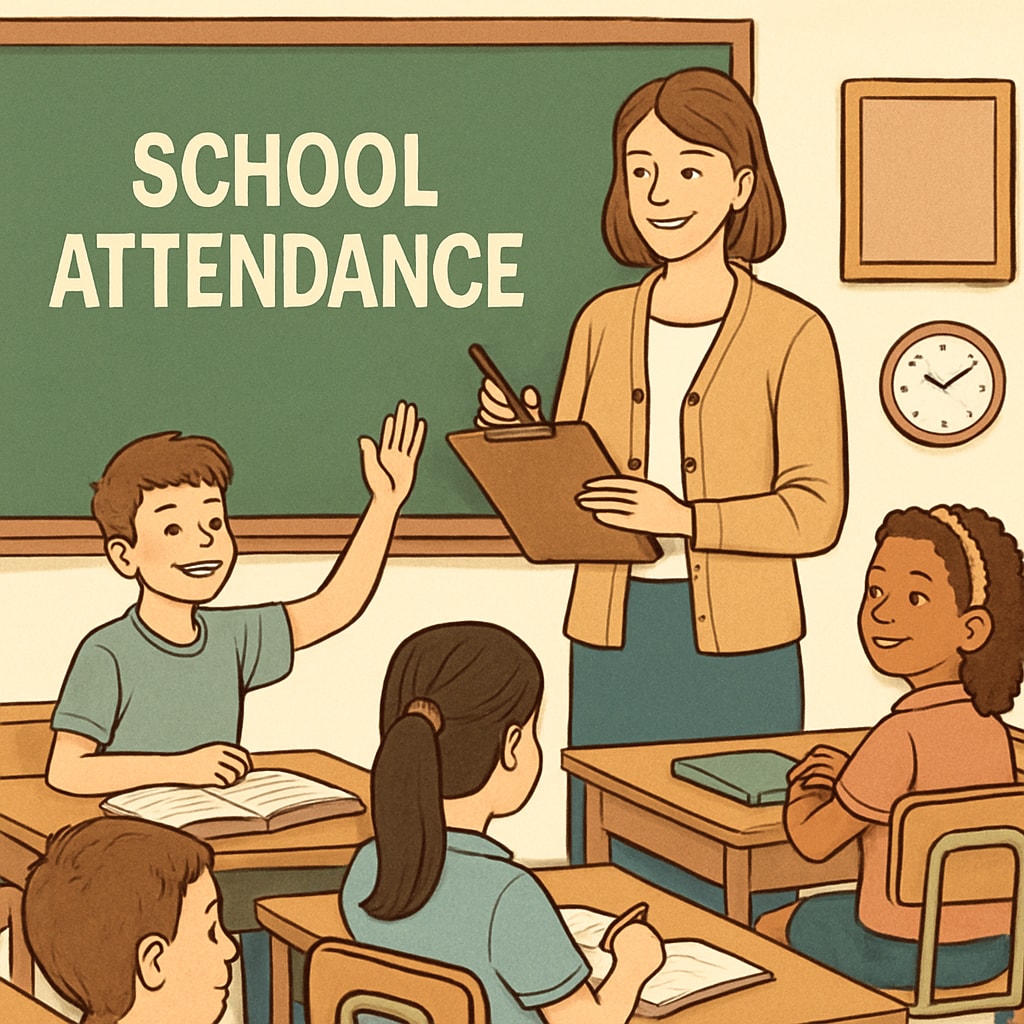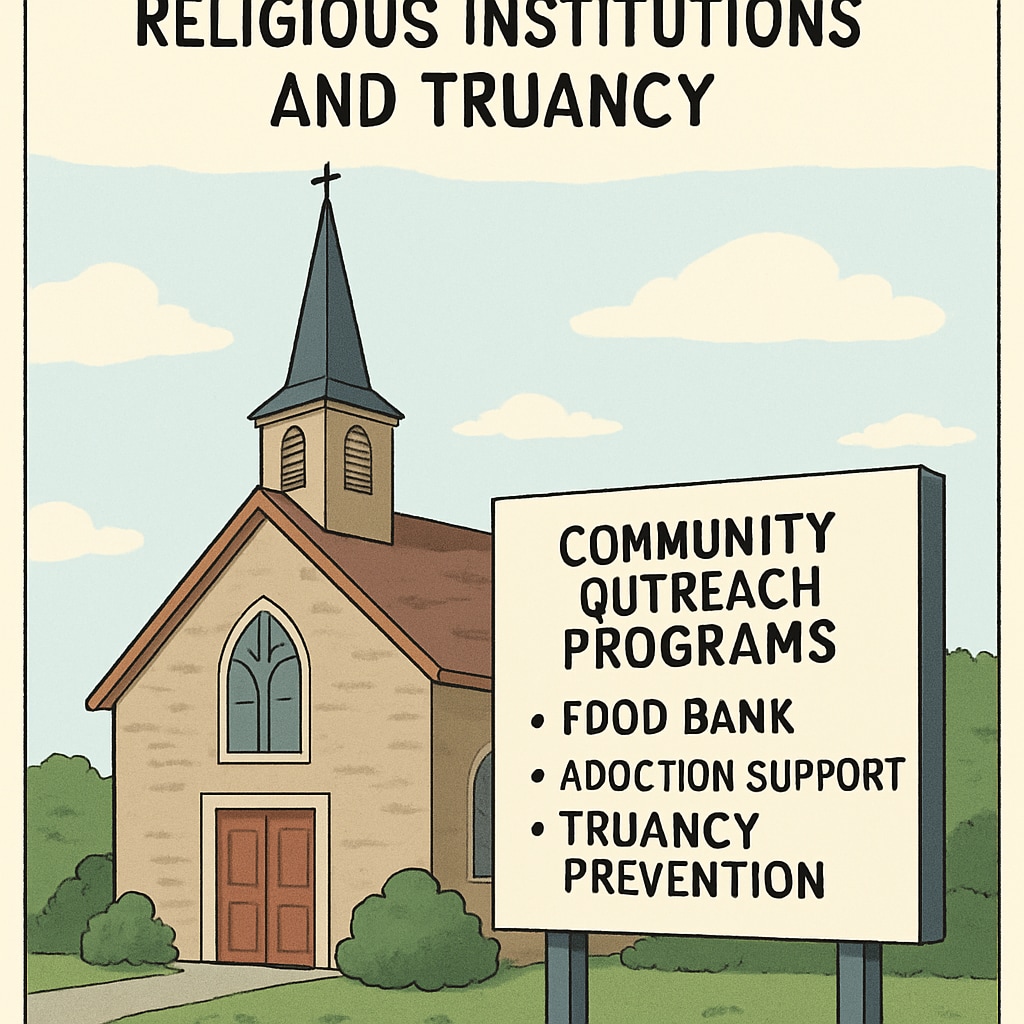Strict school attendance policies and church intervention in truancy cases have sparked heated debates among educators, parents, and policymakers. When schools define missing 72 hours as truancy and involve Catholic Church-led “character training” as a corrective measure, it raises significant questions about governance, parental rights, and the fine line between education policy and religious involvement. This article delves into these issues, unpacking the challenges of balancing school rules with family autonomy and the principle of church-state separation.

The Implications of Strict Attendance Policies
Many schools adopt strict attendance policies to ensure students benefit from consistent learning experiences. These rules often classify habitual absenteeism—such as missing 72 hours of class—as truancy, which can lead to disciplinary actions. While these policies aim to address educational gaps and prevent dropouts, they sometimes create friction with families who may have legitimate reasons for absences, such as medical issues, family emergencies, or even religious observances.
For example, parents may feel their child is unfairly labeled a truant despite valid explanations for their absences. In some cases, schools escalate the situation by involving external organizations, such as religious institutions, to handle the issue. This raises questions about whether such measures overstep the boundaries of school authority and infringe on parental rights.
Religious Intervention in Truancy Cases
One particularly controversial approach involves collaborating with religious organizations, such as the Catholic Church, to address truancy. Under certain programs, students identified as truants are required to undergo “character training” sessions led by church representatives. While proponents argue that these programs instill discipline and moral values, critics are quick to highlight potential violations of the principle of separation between church and state.
Moreover, such interventions may alienate families who do not share the same religious beliefs. Parents may question why a public school system, which is intended to serve diverse communities, would delegate authority to a religious institution. This dynamic not only complicates the relationship between schools and families but also raises legal and ethical concerns.

Parental Rights vs. School Authority
At the heart of this issue lies the tension between parental rights and school authority. Parents often view themselves as the primary decision-makers in their children’s upbringing, including education and discipline. However, schools—tasked with maintaining order and ensuring student success—sometimes adopt policies that parents perceive as overreach.
For instance, when schools involve religious organizations in addressing truancy, they effectively shift some responsibility for student behavior from educators to external actors. This can leave parents feeling excluded from the decision-making process and concerned about the values being imparted to their children. To address these concerns, schools must prioritize transparent communication and consider alternative interventions that respect both family autonomy and educational goals.
Finding a Balanced Approach
Resolving these conflicts requires a balanced approach that respects the roles of all stakeholders. Here are some potential strategies:
- Flexible Policies: Schools should consider individual circumstances when addressing absenteeism, ensuring that policies are fair and inclusive.
- Non-Religious Interventions: Instead of involving religious groups, schools can partner with secular organizations or provide in-house counseling services to support students.
- Parental Involvement: Parents should be actively engaged in discussions about how to address truancy, ensuring their perspectives are valued.
- Legal Clarity: Clear guidelines should be established to prevent potential violations of church-state separation principles.
By adopting these measures, schools can create an environment that supports student success while respecting family values and legal boundaries.
Conclusion: Bridging the Divide
The intersection of strict attendance policies, church intervention, and parental rights is a complex and often controversial topic. While schools have a responsibility to enforce rules that promote education, they must also recognize the importance of respecting family autonomy and maintaining neutrality in matters of religion. As debates continue, finding common ground will require open dialogue, mutual respect, and a commitment to upholding both educational standards and fundamental rights.
Ultimately, the goal should be to create policies that benefit students, empower parents, and maintain ethical and legal integrity. By addressing these challenges thoughtfully, schools can foster stronger relationships with families and ensure that all students have the opportunity to thrive.


